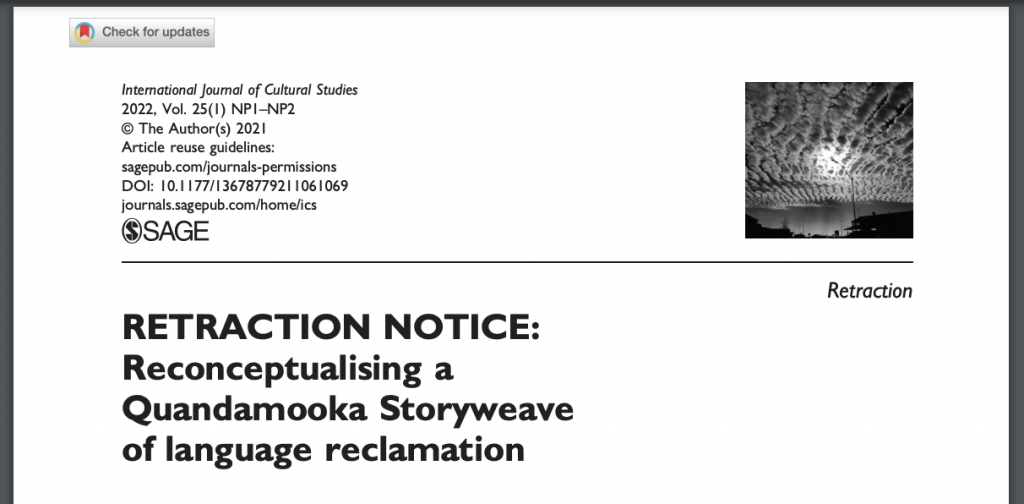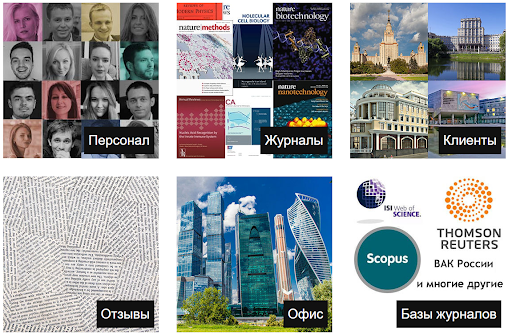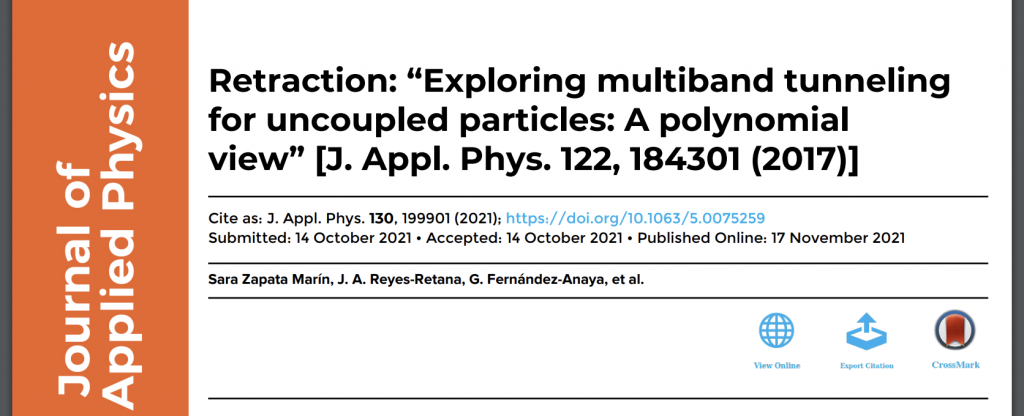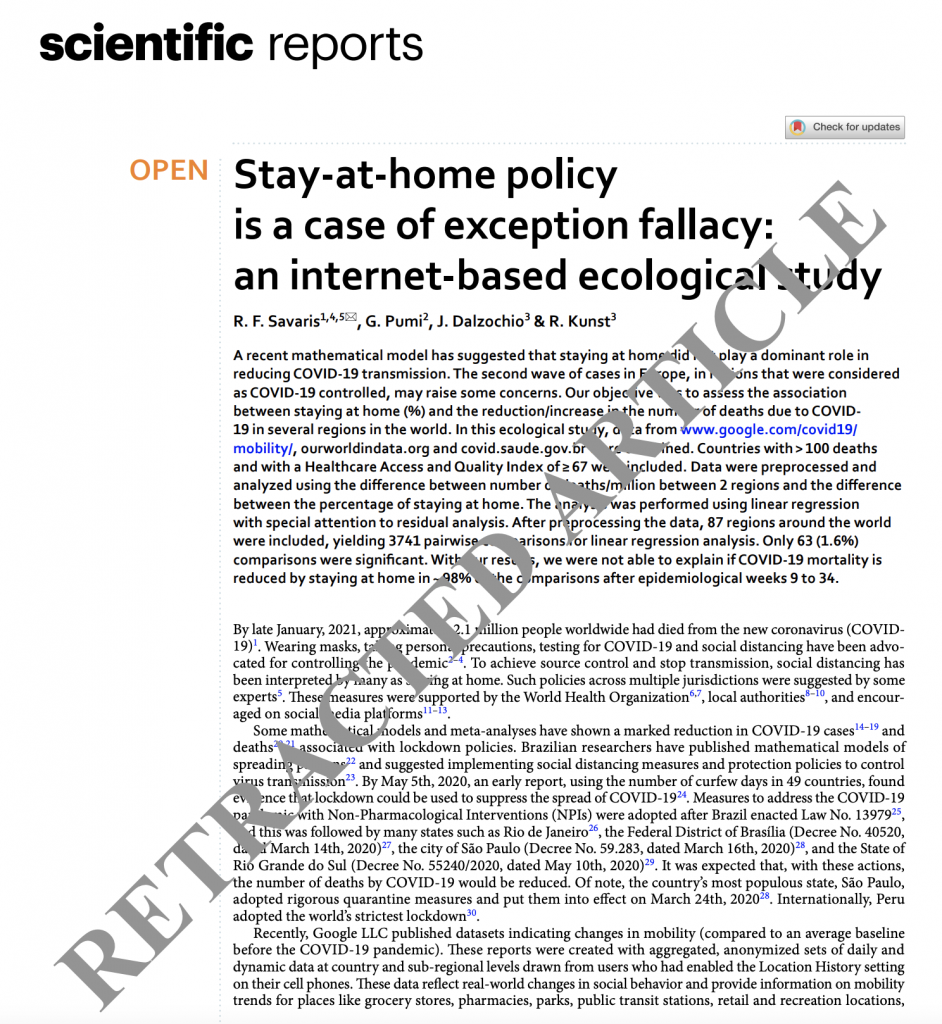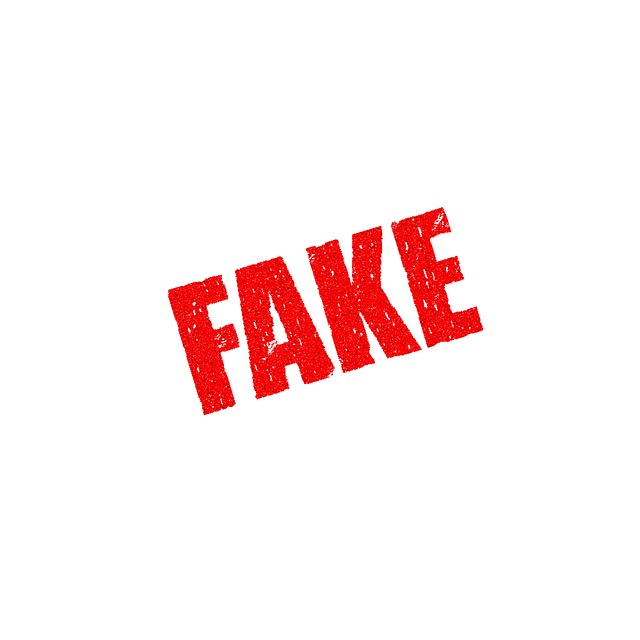In 2019, Retraction Watch ran an exclusive story of a Russian paper mill operating under the business name “International Publisher LLC”. Since then, Retraction Watch and other scientific news and blogging sites have continued to report on the activities of research paper mills, including International Publisher and its primary website, 123mi.ru. These mills provide an array of fraudulent services to researchers and academics seeking to publish articles in peer-reviewed journals. The services they provide include ghostwriting, brokering authorship positions on papers accepted for publication, and falsifying data.
Our project augments this stream of reports about paper mills as we focus on the activities of International Publisher and the papers brokered through 123mi.ru. As part of this project we are curating a database of all the papers and authorship positions that have been advertised on this website. Our database consists of roughly 2,353 unique article titles with 8,928 authorship positions. While the majority of the known paper mill activity has been in the biomedical sciences, our work on just this one paper mill demonstrates that paper mill products have infiltrated multiple scientific disciplines in which career advancement is heavily reliant on academic publications.
So far, we have identified nearly 200 published articles that may have been brokered through this paper mill and which cross disciplines including (but not limited to) humanities, social sciences, nursing, and education. We also observe numerous papers on COVID-19 that have been or currently are advertised for sale.
Our project is far from complete, but we thought it important to report on our methods and preliminary findings via Retraction Watch. In doing so, we hope to raise awareness of a serious and potentially widespread problem, along with strategies to help detect and possibly prevent fraudulent activities.
Continue reading Revealed: The inner workings of a paper mill
